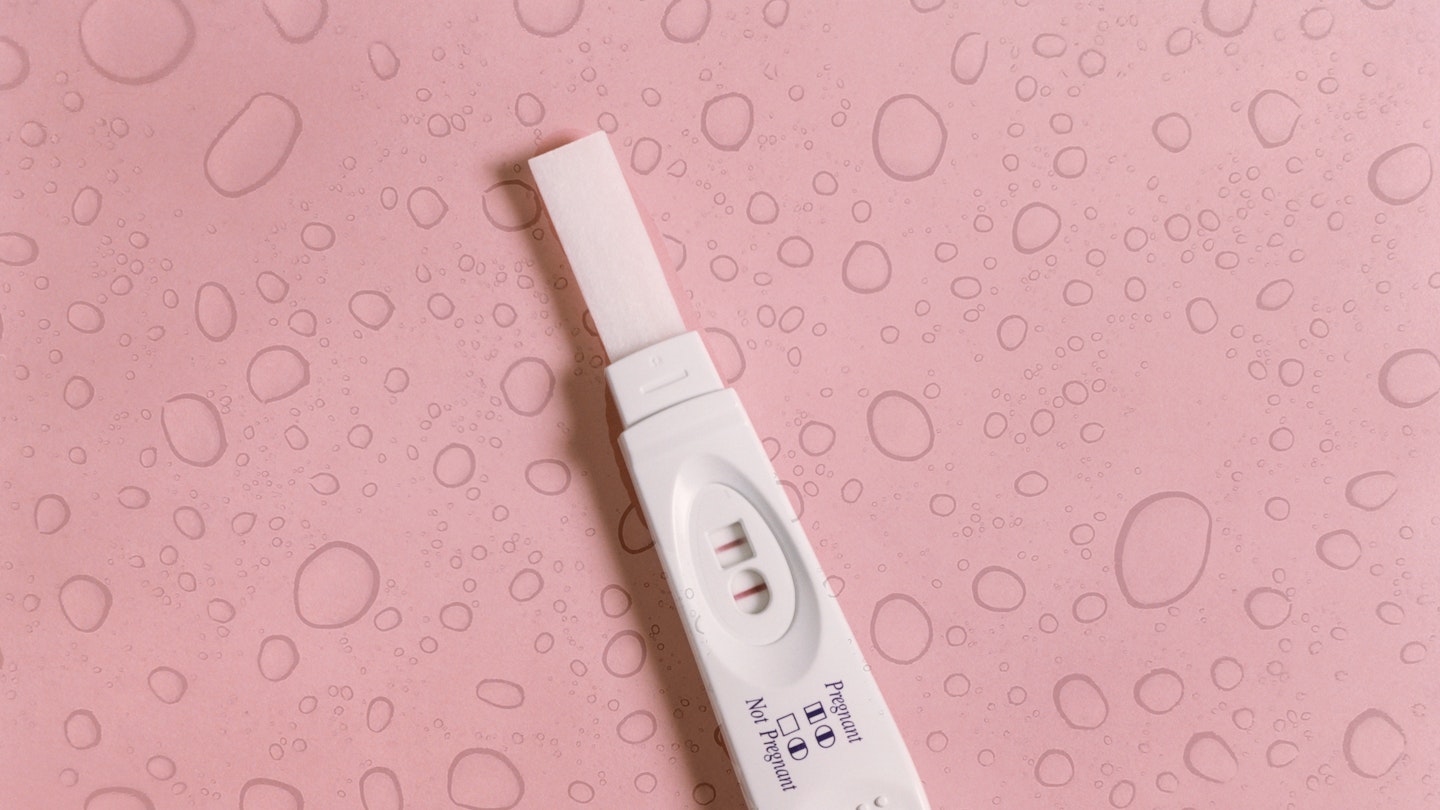As I approached my thirties, like many women, I found myself thinking really hard about what I wanted my future to look like. I loved my job in communications for environmental campaigns and had just met a wonderful man, so the expected next step would be thinking about when I should start a family. But one day, as I played with a friend’s newborn over brunch, I couldn’t shake the feeling of discomfort. As an environmentalist, reading on a daily basis about the war and famine that climate change will likely bring to our planet, I didn’t see how I could ever justify bringing a new life into such an uncertain world.
I’ve been obsessed with combatting climate change since I was 17. It fascinated and terrified me so much that I decided to study environmental science at university, then went to work in the charity sector.
I’d always assumed I’d have a family one day, yet the more I learned, the more I started to feel very strongly that I couldn’t bring a child into this world. We’re already seeing the impact of climate change first- hand, such as the devastating hurricanes in America and the Caribbean this year. And with Trump in the White House and a UK Government that I don’t think cares about the environment, things will only get worse. If the predictions are right, the future will be terrifying. We’ll see flooding, famine and climate refugees – and probably more wars. It will make the world a worse place to live; the worst-case scenario is mass extinction. If I had a child, I’d want it to live a better life than me: isn’t that what most parents want?
When you look at the impact procreation has on the environment, the science is compelling. Each of us has a carbon footprint – the amount of carbon dioxide (which causes climate change) we let into the atmosphere each year. We should all aim for a footprint of two tons or less. The average UK citizen produces seven tons. Recycling will reduce it by 0.21 tons, while ditching your car lowers it by 2.4, but having one less child cuts it by a huge 58.6*. After I looked at the maths, I knew I couldn’t have a baby. I have to fly several times a year for work, which already takes up a lot of my carbon budget. I get the ferry to Europe when I can, eat vegetarian and locally, cycle a lot and wear second-hand clothes.
We all have a responsibility to think about how the choices we make impact the world. Some environmentalists support population control, but this can cause huge problems. China’s one-child policy, which lasted almost 40 years, led to baby girls being killed and aborted. I favour education around the impact of having children.
Having these views isn’t easy: people can be very defensive. I once told a friend I was unsure if I wanted children because of climate change. She got very angry and upset and shouted that I needed to be more hopeful. I think, deep down, she and the others are worried I might be right. It was also tough to explain to my mum, who thought I’d change my mind as I matured. Now she understands, although she says she’ll always be sad I won’t give her grandchildren. It is sad, but it’s the right decision.
The biggest challenge was telling my boyfriend, who I’ve been with for two years. He’d be a brilliant father and I was terrified he’d end the relationship. I just blurted it out when we were in the pub one day, then burst into tears. He said he wanted to be with me no matter what. It really cemented us as a couple and took our relationship to a new level of emotional intimacy. I’m sure kids can bring people together, so I hope as the years go by we can build a partnership that gives us both the freedom to do what we want.
We plan to live around Europe and we’ll always be able to take on meaningful work that excites us, rather than having to stay in unsatisfying jobs because we need to support the kids. I do worry about losing social networks or not having anyone to support us in old age, but you just have to find your way through it.
I think this issue will become more widely discussed – it has to. Just a few years ago going vegan was considered pretty hippy, and look how that’s changed. Younger generations are more concerned about the future of our planet than their parents, so I expect we’ll see a shift in attitudes regarding procreation. Adoption is something more people should consider.
Of course, some people will argue it’s their god-given right to have as many children as they want, and that we were put on this earth to reproduce. But there are already eight billion of us and finite resources. I’m not naive enough to think I will convince people never to have children – but hopefully I can make them reconsider having a second or third.
READ MORE: Why Do Some Women Get Three Chances At IVF And I Only Get One?
